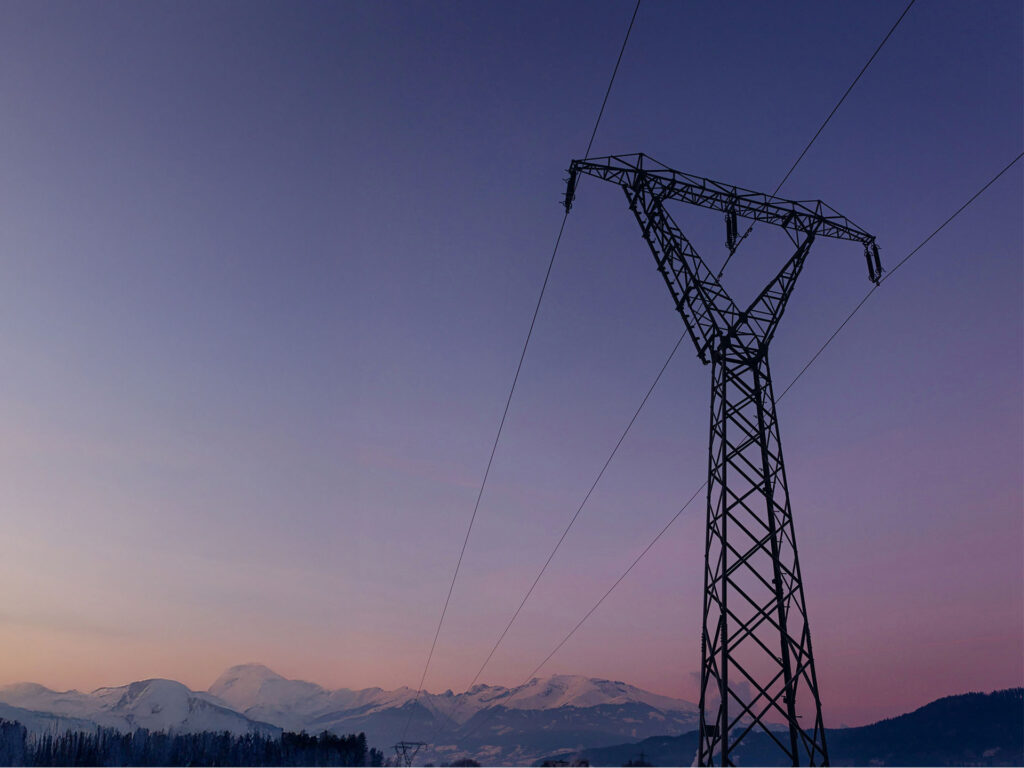Just ahead of today’s Group of Seven (G7) energy and environment ministerial meeting in Toronto, the Atlantic Council, in partnership with Natural Resources Canada and the Munk School of Global Affairs and Public Policy, convened leaders from government, civil society, and industry to discuss energy security, and the financing and technologies needed to achieve resilient systems. At the Summit on the Future of Energy Security, speakers explored solutions to meet rising energy demand, secure critical energy supply chains, and scale new energy infrastructure.
Atlantic Council experts David Goldwyn and Lee Beck, who participated in the summit, lend their insights:
Energy leaders showed remarkable alignment, optimism, and unwavering commitment to a sustainable, energy-secure future
The summit revealed a high degree of consensus around what an energy-secure world should look like. Nearly every energy supplier and financier focused on the importance of using all forms of energy—an “all of the above” approach—to meet demand, the need for durable regulatory frameworks, and fewer pendulum swings in government policy.
We heard optimism about the future of energy demand, including from new defense procurement and deployment needs. Likewise, we heard optimism on the availability of energy supply—from new nuclear plants, to expanded supplies of oil and gas, to the potential of renewable power and batteries to meet the heterogeneous needs of different energy buyers. Hyperscalers and oil sands and gas providers emphasized their continuing commitment to emissions reduction and increased process efficiency.
We also heard a call for government to help mitigate the risks involved in scaling up power supply quickly. For nuclear proponents, there was a call for financial support to mitigate cost risks. For other suppliers, this would mean more stability in fiscal frameworks (such as through the Inflation Reduction Act and the One Big Beautiful Bill Act) and regulatory frameworks to reduce their project risks.
Finally, there was a coded call for more collaboration and less confrontation among G7 nations. While companies did not directly call out US tariffs as a serious headwind, the consistent hopes for closer integration, for greater resilience, and for collaboration were a reminder that the future of energy security lies in greater—not less—cooperation among G7 innovators, capital providers, and entrepreneurs.
David Goldwyn is chairman of the Atlantic Council’s Energy Advisory Group and a former special envoy for international energy affairs at the US Department of State and assistant secretary of energy for international affairs.
Competitiveness has spurred major energy policy shifts, but new solutions are needed to ensure long-term resilience
With increasing global competition on technology, innovation, and supply chains, corporate leaders are calling on G7 policymakers to act with long-term strategic perspective to deliver regulatory and policy clarity.
At the Atlantic Council’s Future of Energy Security summit, leaders recalled that about eighteen months ago at the last G7 energy and environment ministerial under Italy’s presidency, the focus in Torino was on the Draghi report—a wake-up call for Europe to face its waning competitiveness. While that same pressure is still on—now applying to the whole of G7—it has translated into action, catalyzing three major shifts: the nuclear energy renaissance to meet artificial intelligence (AI)-driven energy demand growth; the exploration of new industrial policy tools in the manufacturing and critical minerals arenas; and the formation of new partnerships to harvest existing assets and innovative technologies to propel economic growth and energy security in the medium term.
Still, corporate leaders at the summit pleaded for the G7 to heed the sense of urgency for additional action. That includes meeting technology innovation with speedy policy innovation in areas such as permitting, public funding, along with long-term planning and industrial policy. As one panelist put it: “We need new models of collaboration and coordination that prevent a new Achilles heel and instead enable standardization, simplification, and sequencing.”
Notably, advancing emissions reductions and climate action only entered the conversation toward the end of the summit. However, private sector leaders insist this imperative hasn’t fallen off the agenda. In fact, some never “felt more optimistic” on the ability to advance carbon-free technologies due to the focus on action, and, for others, climate mitigation still remains “the north star.”
Lee Beck is a nonresident senior fellow at the Atlantic Council Global Energy Center.
about the author
Stay connected
Sign up for PowerPlay, the Atlantic Council’s bimonthly newsletter keeping you up to date on all facets of the energy transition
related event
our work

The Global Energy Center develops and promotes pragmatic and nonpartisan policy solutions designed to advance global energy security, enhance economic opportunity, and accelerate pathways to net-zero emissions.
Image: Photo by sebastiaan stam on Unsplash



